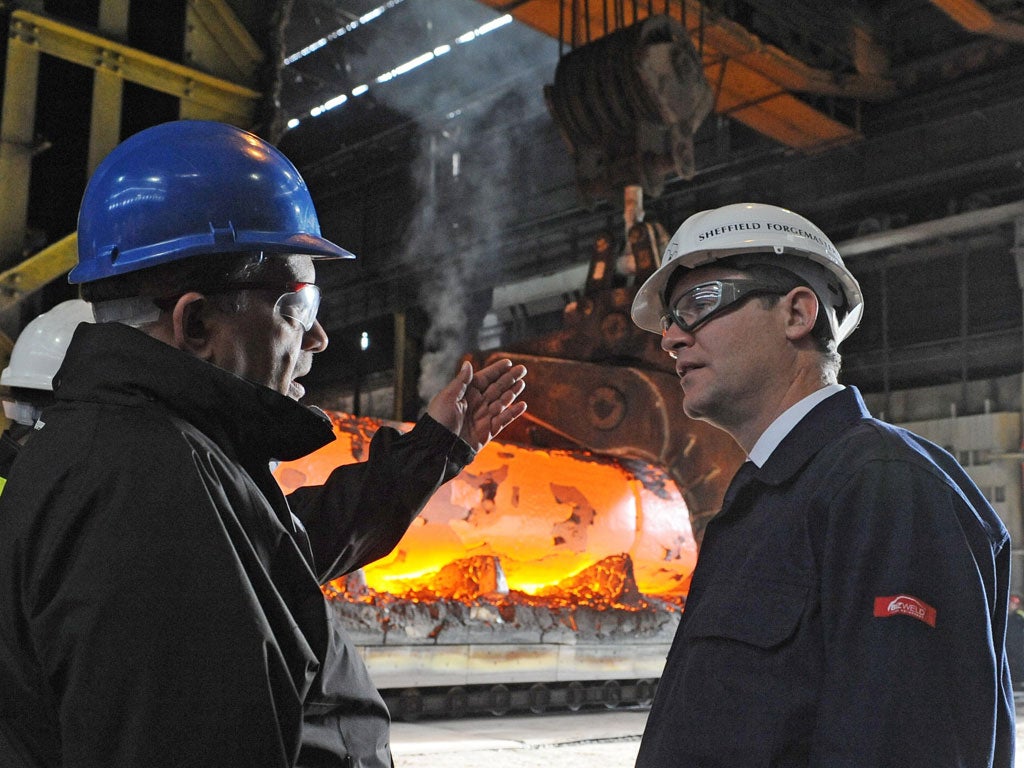World faces years of social unrest as economies falter

Your support helps us to tell the story
From reproductive rights to climate change to Big Tech, The Independent is on the ground when the story is developing. Whether it's investigating the financials of Elon Musk's pro-Trump PAC or producing our latest documentary, 'The A Word', which shines a light on the American women fighting for reproductive rights, we know how important it is to parse out the facts from the messaging.
At such a critical moment in US history, we need reporters on the ground. Your donation allows us to keep sending journalists to speak to both sides of the story.
The Independent is trusted by Americans across the entire political spectrum. And unlike many other quality news outlets, we choose not to lock Americans out of our reporting and analysis with paywalls. We believe quality journalism should be available to everyone, paid for by those who can afford it.
Your support makes all the difference.The international economy is on the brink of a deep new economic crisis that could cost millions of jobs around the globe and trigger mass social unrest, the world's most powerful nations were warned yesterday.
As the leaders of the G20 countries prepare for emergency talks on averting a return to worldwide recession, the United Nations' International Labour Organisation (ILO) issued a grim forecast of the social effects of the continuing economic crisis.
The UN agency warned that it could take until 2016 for global employment to return to the levels of three years ago – and that anger could erupt on the streets of Europe and other continents as a result.
The economic gloom was exacerbated yesterday by Greek Prime Minister George Papandreou's surprise announcement that his country would hold a referendum on the European debt deal that was struck last week. The vote could put the tortuously conceived package in jeopardy.
The Greek Finance Minister, Evangelos Venizelos, said the announcement was prompted by popular discontent at the terms of the deal.
If anger at the austerity forced on the country translates into a No vote, European leaders who spent months haggling over the terms of the deal could be forced back to the drawing board and the terms of the deal renegotiated.
George Osborne, the Chancellor, faces having to revise his predictions about British economic growth. Today he is likely to receive further evidence that Britain's recovery is sluggish, with figures from the Office for National Statistics (ONS) expected to show that economic growth in the UK remained modest in the third quarter of 2011. The Chancellor's hopes of economic growth close to 2 per cent over the year now look highly unlikely to be fulfilled – and could be barely half that.
Yet David Cameron, who announced a fresh drive to create jobs through major infrastructure projects yesterday, will stress at the G20 gathering in Cannes that countries have to press ahead with deficit reduction plans.
The ILO said the risk of social unrest is rising in 40 per cent of the countries it examined.
The Organisation for Economic Co-operation and Development also slashed its growth forecasts for many of the biggest economies and warned the G20 leaders: "Without decisive action the outlook is gloomy." It warned parts of Europe are likely to fall back into recession in 2012 and that if the eurozone sovereign debt crisis takes a turn for the worse, total output in some advanced economies could contract by up to 5 per cent by 2013.
Britain's economic woes are likely to be underlined today when the latest ONS growth figures, covering July to September, are released. Gross domestic product is expected to have edged up by about 0.4 per cent, a slight improvement on the previous quarter's 0.1 per cent.
Economists last month projected 0.9 per cent growth over 2011 and 1.3 per cent over 2012. In March, the Office for Budget Responsibility estimated growth of 1.7 per cent in 2011 and 2.5 per cent in 2012. The growth shortfall is likely to mean that the UK deficit will not be reduced on the timescale set out by the Chancellor in his emergency Budget in June 2010.
Mr Cameron yesterday approved the construction of power plants at Ferrybridge, West Yorkshire, and Thorpe Marsh, South Yorkshire, creating 1,000 construction jobs.
Join our commenting forum
Join thought-provoking conversations, follow other Independent readers and see their replies
Comments